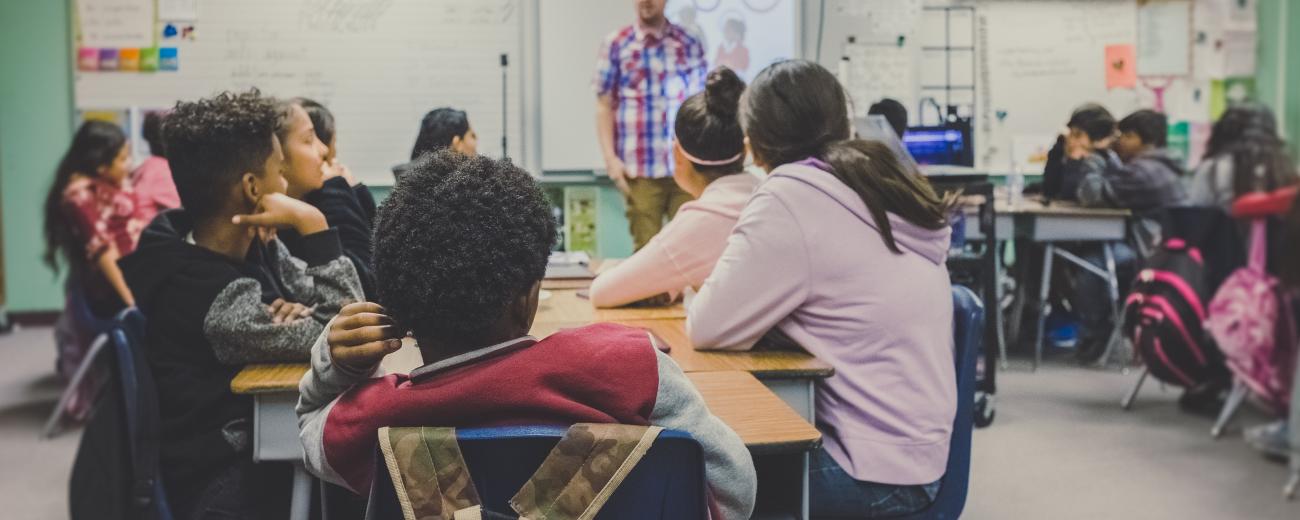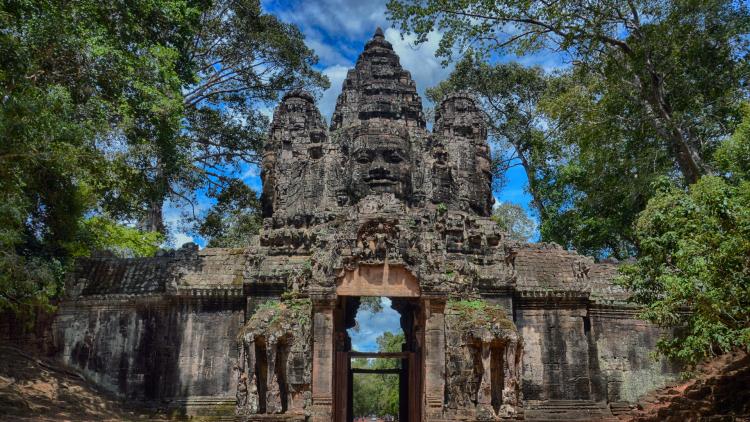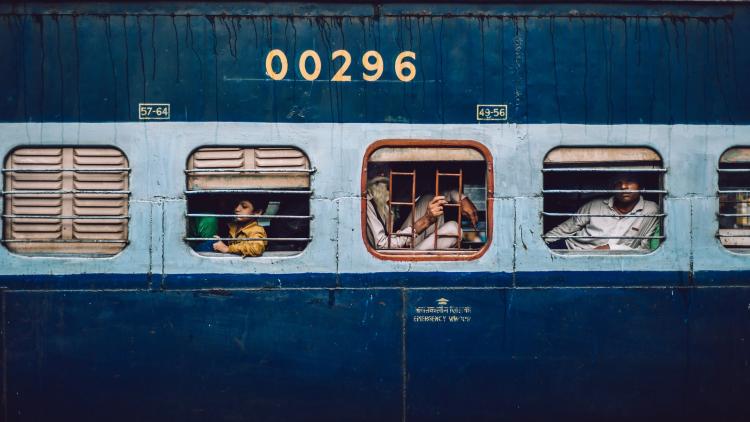Decolonising the school curriculum: Free teaching resources on the legacy of empire


A new SOAS project has created free learning resources for secondary school teachers to address the legacies of colonialism in more creative and engaging ways in the classroom.
Earlier this month, we launched ‘Disruptive Histories’, a student-led project to support creative and critical approaches to the teaching of empire and its legacies in British schools.
I worked on this project with Sarah Tucker of the Access, Participation, and Student Success team at SOAS, who would regularly get approached by teachers looking for resources on the regions focused on at SOAS, and for more critical, inclusive learning approaches. So we set to work to publish learning resources, including course material and lesson plans, that teachers can download for free and incorporate into classes on History, Citizenship, language learning and a range of other subjects.
Taking SOAS teaching to secondary schools
Disruptive Histories is inspired by the SOAS History course Colonial Curricula, which asks students to design and develop creative outputs that can include a lesson plan for secondary school students. Students were given the opportunity to teach these lessons in person at our widening participation summer schools and wider initiatives. From feedback, it’s been clear that school students really like being taught by university students, in terms of the themes they focus on and styles of engagement.
Creating online learning resources
Our aim with Disruptive Histories was to produce free, ‘ready to use’ resources that were designed and presented in ways that translated clearly into school planning and organisation. By luck, or perhaps destiny, the 2022-23 MA History cohort included three qualified teachers, Francesca Ainslie, Christopher Demasi and Hamidah Siddiqah, who all agreed to take on a very active, advisory role in the project.
Nine students who had studied Colonial Curricula volunteered to be part of the project. Through a workshop and supervision from our expert teachers, they adapted their course assignment work to build nine sets of learning resources. All resource creators, as well as Hamidah, Chris and Fran, were paid for their time through funding made available by the Access, Participation and Student Success team.
I hope teachers can draw inspiration from the material created by SOAS students.
Feedback from students
The students involved in Disruptive Histories have been very positive about the experience. Rahmat Ottun (now in the third year of the BA Global Liberal Arts programme at SOAS) said:
"Creating lessons for a younger age group was interesting as it made me think about the topic in a different way to how I usually would. I had to think about myself in KeyStage 3 and KeyStage 4 and contemplate what parts of linguistic imperialism would've been relevant to my life at the time and what forms of knowledge would be accessible to that age range. ... I think this project emphasised the importance of openness and constant dialogue when it comes to addressing and discussing issues tied with colonialism and imperialism. I intend to keep this at the centre of any more research I do in this field.”
For our teaching consultants, the project has been a chance to combine academic and professional skills. Hamidah Siddiqua (MA History) explained:
“The MA History programme has changed my understanding about the relationship between power and knowledge production....and the importance of teachers acknowledging this when planning their curriculum. Prior to coming to SOAS, I spent a lot of time developing a dynamic school History curriculum, but I found that I was always working against the clock and didn't know where to turn to when looking for resources to support pedagogy. Hence why I was drawn to this project... I hope teachers can draw inspiration from the material created by SOAS students.”
For Chris Demasi (MA History and Intensive Japanese), the project provided him with a chance:
“... to challenge myself to engage critically with the debate around 'decolonising the curriculum' ...I also wanted to develop my skills as a teacher; using this project as a form of CPD to improve my teaching skills... I know the struggles of a teacher wanting to teach something new and different and not feeling like you have a basis from which to start. [This project will help]... teachers to have a starting point to enable them to develop their own materials in the future”.
About the author
Dr Eleanor Newbigin is a historian of imperialism and decolonisation in twentieth-century South Asia and a Senior Lecturer in the History of Modern South Asia at SOAS.



